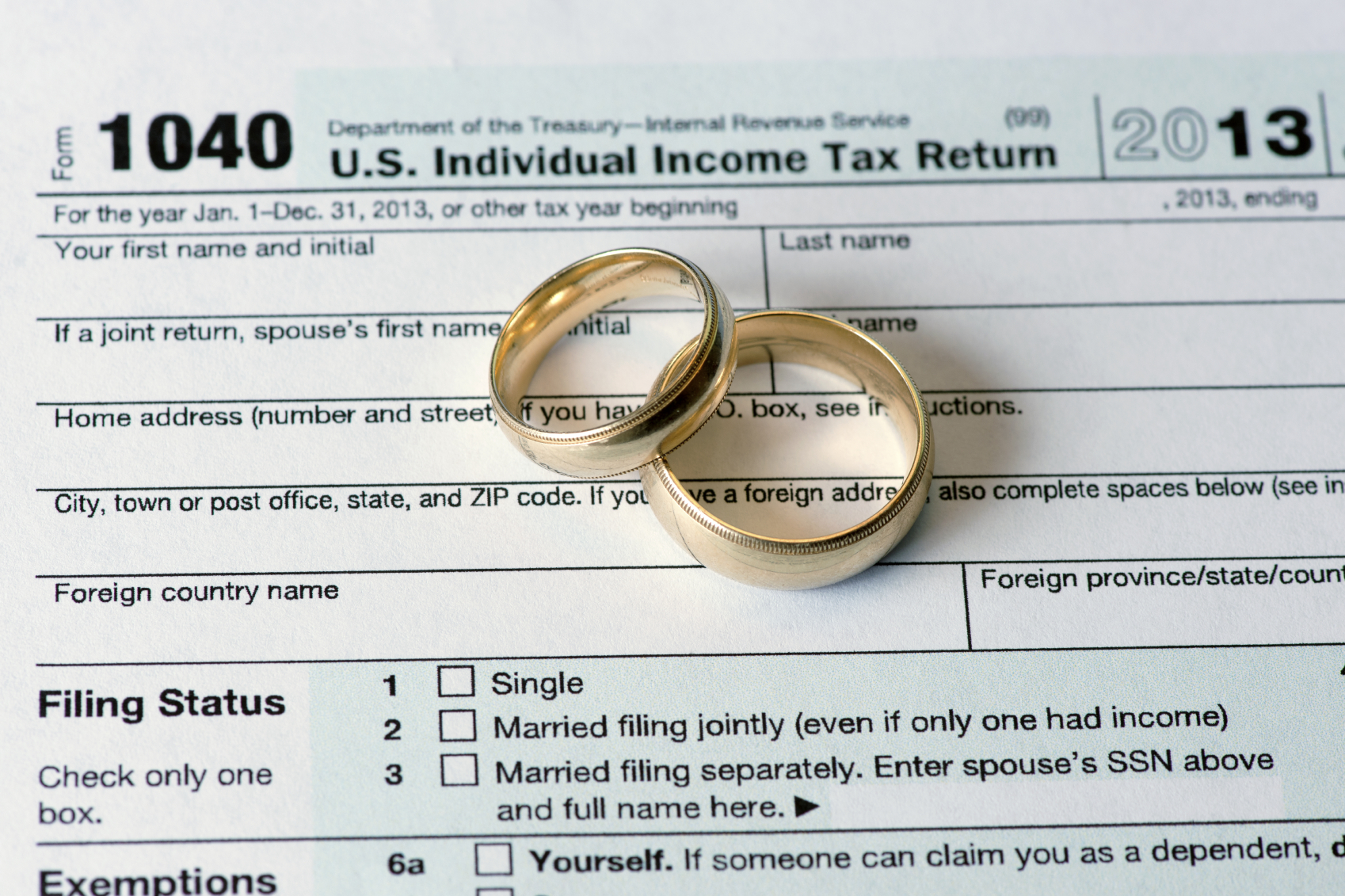Often couples encounter an overwhelming amount of tax implications in the divorce process. How do you sort it out?
As if divorce weren’t stressful enough, divorcing spouses must also consider a dizzying array of tax implications related to their divorce. In addition to some cases requiring a Charlotte child custody lawyer, you may feel overwhelmed and uncertain of how to quickly make the necessary tax decisions. Your North Carolina divorce attorney can be an invaluable resource during this time, offering sound advice on your particular tax situation. If your case is especially complex, such as a North Carolina marriage annulment your attorney can recommend a tax accountant or other professional who can help you with the difficult decisions. Following are some of the different types of taxes you may need to be aware of and how they can impact your North Carolina divorce.
- Almost all couples will have more than one type of property, such as real estate, investment and retirement accounts, personal property, and business interests. Prior to 1984, when spouses chose to transfer property during a separation, those transfers were treated as losses or gains by the IRS. This was changed by the Tax Reform Act, and spouses may now transfer property related to a divorce without reporting losses and gains. In most cases, there will be a provision in the divorce decree which discusses the transfer, re-stating that the transfers are tax-free, however even without this provision, there is a presumption the transfer was tax-free. Obviously, the exchange of property must be related to the end of the marriage or must take place within one calendar year of the end of the marriage.
- There are a number of ways to divide large assets such as the marital home. While some will trigger a tax event, others will qualify as tax-free. If one spouse remains in the marital home while the other takes his or her share of the marital home by taking possession of other marital property, then no tax issues exist. The same goes if one spouse buys the other’s share of the marital home. If the home is sold, both spouses will owe capital gains tax.
- While a retirement account may only belong to one spouse, money earned or contributed while the two spouses were married is considered marital property and must be split. If you or your spouse are liquidating a 401(k) retirement account, any income gained will be taxed and penalties will apply unless a valid Qualified Domestic Relations Order is in place which might allow you to avoid some of the tax consequences. If the retirement account is an IRA, no QDRO is necessary; the balance can be divided tax-free when included in the divorce decree so long as it is transferred to a similar retirement vehicle and not withdrawn.
- Filing taxes can cause a considerable amount of stress among divorced couples. Depending on when the divorce occurred, newly singles may wonder whether to file jointly or individually. Your marital status as of December 31st of the prior year is what the IRS is interested in. If you were granted primary custody of your children, you may be able to file as head of household, garnering some tax perks in the process. Of course you will defer to your divorce decree and custody arrangement which should state which spouse will claim the children.
- If you pay spousal support or alimony, you are allowed to deduct that amount from your stated income, however if you are the receiver of spousal support or alimony, you must claim the amount as income on your tax return. Under North Carolina law, however, it is possible in some circumstances to avoid the taxable/deductible nature of spousal support..
- If you are paying child support, the payments are not tax deductible; if you are receiving child support you are not required to claim the support as income.
The primary goal when addressing tax issues in your North Carolina divorce is to address the issues early and honestly. Speak frankly with your North Carolina divorce attorney regarding your tax concerns, and consider consulting a tax professional as well. Spending the extra time determining where you will stand with your taxes following the divorce is well-worth the effort in the long-term.




